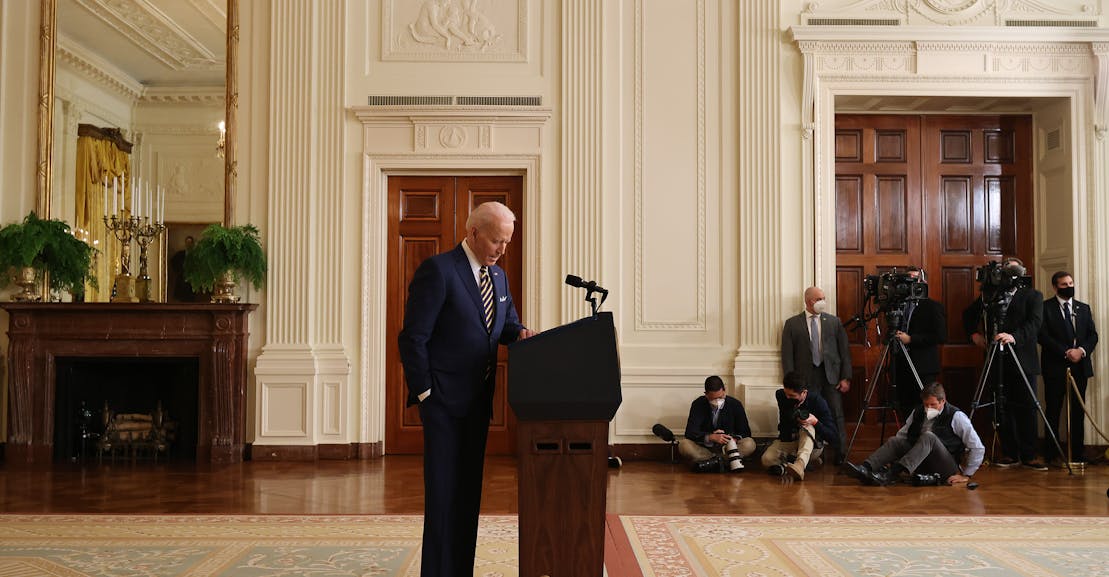OfTheCross
Veteran

Yes, Democratic Messaging Sucks. But It’s Harder to Fix Than You Think.
It’s a lot easier to be the party that wants to break government than it is to be the one that wants to use it.
It’s a lot easier to be the party that wants to break government than it is to be the one that wants to use it.
Structural difficulty number one: There just aren’t as many liberals as there are conservatives in the United States.
Structural difficulty number two: Not quite half of Democrats are liberal. Here’s a Pew result from early 2020 in which Democrats and Democratic-leaning independents were asked their preferred ideological label.
Structural difficulty number three: The Republican message is just a lot less complicated. Democrats have a lot of things they want to do.
These three factors combine to make Democratic messaging a lot trickier than Republican messaging. But having said all that, Democratic messaging is still pretty lame.
Democrats and their consultants need to think outside the box in which they’re trapped. Show elected Democrats doing things and going places you wouldn’t normally expect to see a Democrat, things that reinforce that they’re on the side of working people of all kinds, even those who don’t vote for them. And name names. Take on enemies. Every time you name an enemy you also name the people you’re trying to defend. People have a much better sense of what you stand for when you tell them what, and who, you’re against. They’ll trust you more if they think you’re on their team.
I submit that this kind of approach will help address the structural problems I laid out above. Democrats across the ideological spectrum—from the conservatives to the very liberal—will respond favorably to a politics that emphasizes the idea, “We’re against the powerful interests that are scheming against you.” If people see liberal politicians taking creative and brave stands, we might even bump that liberal number up above 25 percent, since liberalism will stand for something positive again to your average person. This kind of politics can also slice through the media chatter: Republicans understand that the media loves conflict, so they serve up some new ones every week. The public always knows who the GOP is mad at, and they don’t pay a price for being the “angry” party.



 and I've been a Democratic voter my entire adult life.
and I've been a Democratic voter my entire adult life. i mean im sorry, but the far left brand is awful for national politics. it needs to stay localized in the dark blue districts
i mean im sorry, but the far left brand is awful for national politics. it needs to stay localized in the dark blue districts